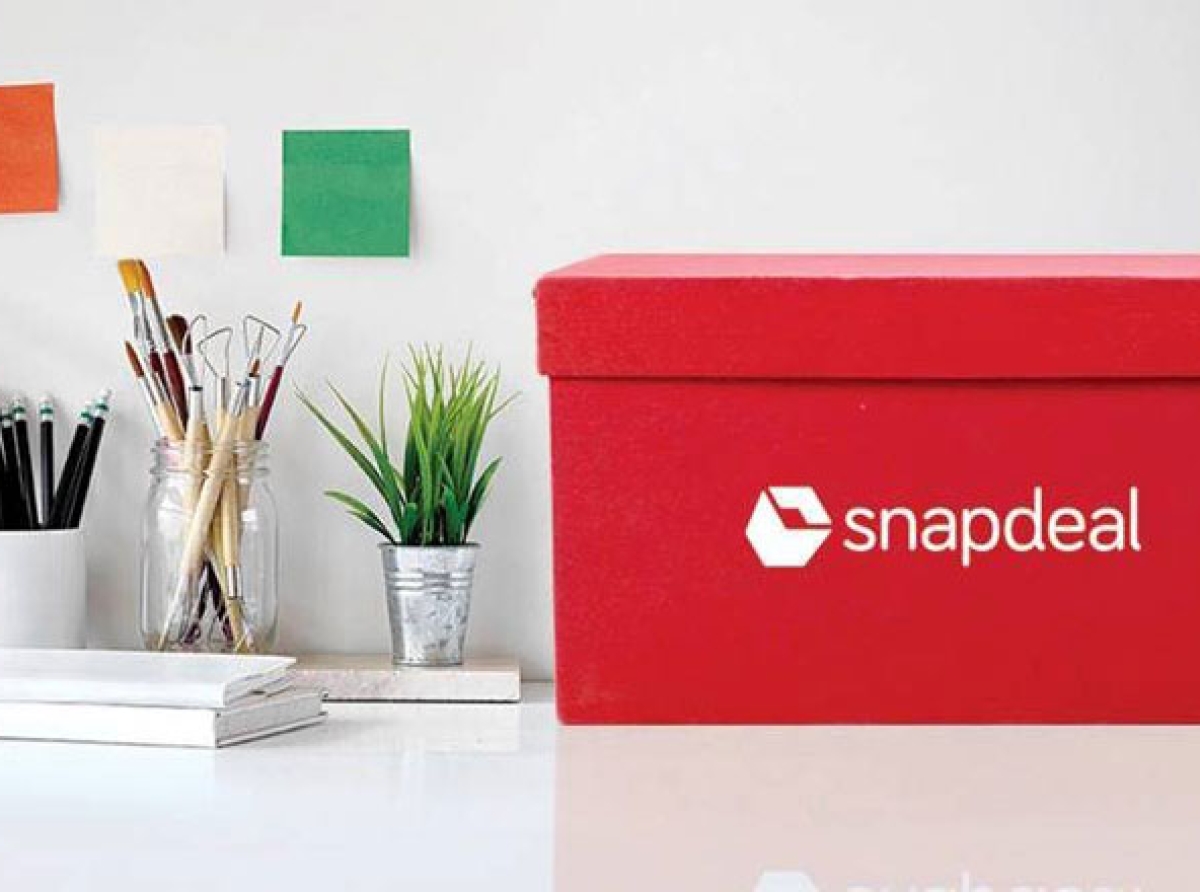19 March 2022, Mumbai:
Unlike traditional e-commerce platforms, Snapdeal plans to focus only on the value shoppers.
The e-commerce platform has customized its assortment, pricing, and shopping journey to the needs of such shoppers.
Over 86 percent of its orders are from outside the metro cities, with more than 72 percent of the orders flowing from buyers living in smaller cities and towns.

ALSO READ Snapdeal will offer RuPay cards in collaboration with BoB Financial and NPCI
With an exclusive focus on value, more than 95% of the products sold on Snapdeal are priced below Rs. 1000.
Snapdeal’s full-stack value playbook follows a six-point quality management system that seeks to improve the quality of products offered by sellers for better customer experience through multiple interventions, including analysis of feedback from customers, sample quality checks through mystery shopping, screening of products at source, and curation of assortment in partnership with sellers.
Snapdeal has also launched a 'Power Brands' program, where 13 brands across popular categories like apparel, fashion accessories, footwear, home and kitchen, health and wellness, personal grooming, etc, serve the needs of value-conscious users.
RELATED NEWS Snapdeal to issue RuPay credit cards in partnership with BOB Financial and NPCI
The brands are owned by Snapdeal and licensed to third-party, quality-focused suppliers/sellers, who own and manage the inventory on their own.
Snapdeal is also executing its omnichannel strategy, where it is following a distribution- led approach, partnering with existing neighbourhood stores and new franchisees to establish a physical footprint with a focus on value catchments.
According to a recent RedSeer report commissioned by Snapdeal, mid-income buyers from India's Tier-II cities and towns, covering more than 80 percent of India's population, will triple in size in five years, from approx 78 million in 2021 to nearly 256 million by 2026.
Join our community on Linkedin
CREDITS: RedSeer report.

























